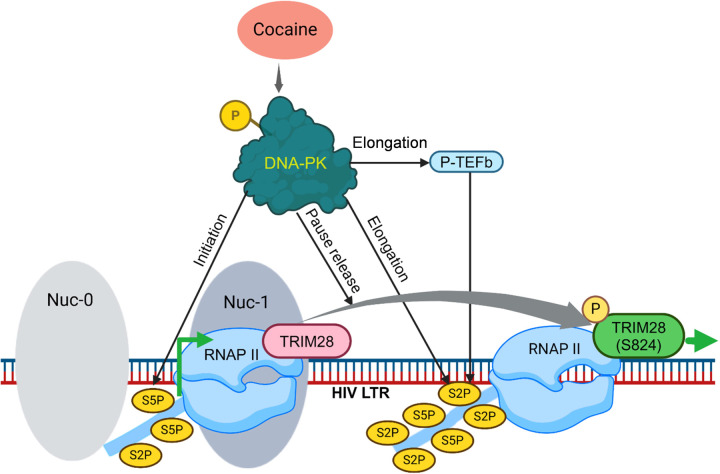Figure 11: Cocaine-mediated DNA-PK activation enhances multiple aspects of HIV transcription.
Cocaine-induced DNA-PK activation facilitates various stages of HIV transcription. Firstly, it enhances the initiation phase by phosphorylating the C-terminal domain (CTD) of RNA polymerase II (RNAP II) at Ser5. Secondly, cocaine-stimulated DNA-PK promotes the elongation phase by both directly catalyzing and facilitating the recruitment of positive transcription elongation factor b (P-TEFb), leading to the phosphorylation of Ser2 within the RNAP II CTD. This posttranslational modification renders RNAP II processive, ensuring efficient elongation. Finally, cocaine-induced DNA-PK activity also alleviates RNAP II pausing by phosphorylating TRIM28 at Ser824 (p-TRIM28 S824). This modification transforms TRIM28 from a transcriptional pausing factor to a facilitator (transactivator), thereby supporting HIV transcription.

